Currently, there appears to be a strong emphasis on clean beauty among many people. This trend can be observed on social media, where influencers promote the benefits of all-natural products for achieving better-looking skin. Similarly, store shelves are filled with numerous products that feature images of beautiful plants and use terms such as “nontoxic” to appeal to customers. Market research conducted by Brainy Insights in 2022 suggests that the natural skincare industry is expected to almost double to $12.27 billion between 2021 and 2030.
However, the term “natural” is quite vague and lacks formal regulation or a legal definition, as stated by Marisa Garshick, MD, a board-certified dermatologist and assistant clinical professor of dermatology at Weill Cornell Medicine and NewYork-Presbyterian Medical Center in New York City. This can lead to confusion for consumers, as companies may claim that a product is natural even if it contains ingredients that do not qualify as natural.
What You’re Really Getting When You Opt for ‘Natural’ Skin Care
When a product is labeled as “natural” or “nontoxic,” it is often assumed that it is free of synthetic chemicals that can be harmful or irritating to the skin. However, according to Jennifer Chwalek, MD, a board-certified dermatologist at Union Square Laser Dermatology in New York City, this perception is more about consumer beliefs than a guarantee.
The terms “natural” or “organic” do not necessarily mean that a product is healthier, safer, or better for the skin. Rebecca Kazin, MD, an assistant professor in the department of dermatology at Johns Hopkins Medicine in Baltimore, explains that these terms do not imply that the product is hypoallergenic. In contrast, hypoallergenic products are less likely to cause an allergic reaction, according to the US Food and Drug Administration (FDA). Additionally, natural products may not be suitable for individuals with sensitive skin, and may even aggravate their skin issues.
Furthermore, plant-based ingredients that are commonly used in natural products can still cause skin irritation. For example, limonene and bitter orange, as noted by Dr. Chwalek, are two essential oils that can trigger skin reactions similar to poison ivy. Bergamot oil can also make the skin more sensitive to the sun, according to Dr. Chwalek. Therefore, natural or plant-based skincare products may not be suitable for everyone and may cause skin issues in some cases.
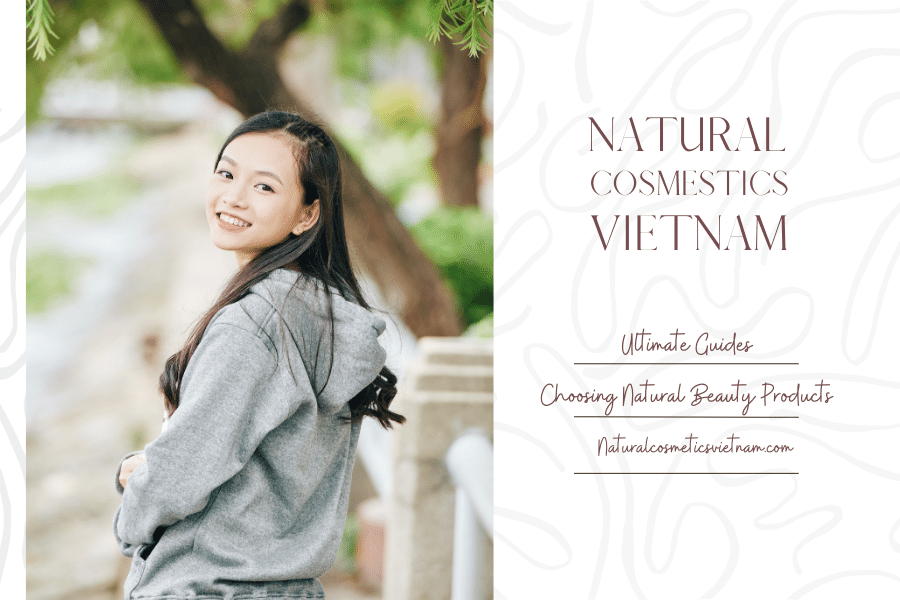
What You’re Really Getting When You Opt for ‘Natural’ Skin Care
But Do Skin-Care Ingredients Actually Get Under Your Skin?
An important consideration when using skin-care products is whether the ingredients, whether they are natural or not, can penetrate the skin and enter the body. While some molecules in these products are too large to penetrate the skin, advancements in science have allowed for more effective penetration of active ingredients by tricking the skin. This may result in the use of a smaller concentration of an active ingredient, which is a potential benefit.
However, some proponents of clean beauty express concerns that the penetration of particles into the skin can cause harm to the body. Some ingredients of concern, such as phthalates and parabens, are deemed safe by the FDA. However, research has indicated that they may act as potential endocrine disruptors, which can affect hormones and potentially increase the risk of cancer or fertility problems, according to the Environmental Working Group (EWG).
Although certain parabens are allowed in small amounts, the European Union has banned the use of five parabens. In contrast, the regulators in the United States currently permit 20 parabens or paraben-like chemicals. Many people commonly refer to the fact that these ingredients are illegal to use in Europe.
Other Questions About Ingredients in Skin-Care Products
There are numerous unknowns about the chemicals used in skin-care ingredients, and there may be valid reasons for concern. Jennifer Chwalek, MD, explains that the question is determining the concentration or exposure level at which these chemicals can become problematic. Additionally, many studies have been conducted on rodents exposed to a much higher concentration of these chemicals than what humans typically experience, so further research is necessary, according to Marisa Garshick, MD.
Another issue is that these ingredients are present in various other products, including food. Therefore, it’s important to consider the larger picture of total exposure and what that means. However, since not all the answers are currently available, it’s advisable to choose skin-care products that align with one’s values, skin-care goals, and budget.
Dermatologists note that naturally derived ingredients can be effective, and natural or organic products can also be costly. If these products are not within your budget, you can work with your dermatologist to identify alternatives that will work for your skin.
“Natural” skincare has gained significant popularity in recent years, with more and more people seeking products that are free of certain chemicals and additives. However, understanding the terms and definitions used in the skincare industry can be confusing and challenging, especially when some terms are not regulated or lack a clear definition. Here are some key terms and definitions to help navigate the world of “natural” skincare:
5-free: This term can be found on nail polish labels in brands that claim to be non-toxic. The number indicates the number of chemicals that a nail polish does not contain. For example, a “5-free” nail polish does not contain formaldehyde, toluene, dibutyl phthalate, formaldehyde resin, and camphor. However, there is still a debate over whether “free” products are safer for consumers, according to Harvard Medical School.

What You’re Really Getting When You Opt for ‘Natural’ Skin Care
Organic
The FDA does not regulate the “organic” label on cosmetics or skincare products. However, if the formula is made from agricultural ingredients, it can be certified organic in accordance with the USDA National Organic Program. For a product to carry the USDA Organic Seal, it must be made of at least 95 percent organic ingredients. If a product is labeled “made with organic ingredients,” it contains at least 70 percent organic ingredients but cannot use the seal.
Paraben-free
Parabens are preservatives used to prevent bacteria and mold from growing in skincare products. The FDA states that there is ongoing research regarding the effects of parabens on human health, but at this time, there is no evidence showing that they have an adverse effect on human health. Products labeled “paraben-free” do not contain parabens.
PFAS-free
PFAS, or per- and polyfluoroalkyl substances, are chemicals that are sometimes added to cosmetics to smooth skin, add shine, or improve product texture. The FDA notes that there is limited data on their safety and that additional information is needed to assess their safety in cosmetics. Products labeled “PFAS-free” do not contain PFAS.
Phthalate-free
Phthalates are chemicals commonly found in personal care products, including soaps and shampoos. One type, diethylphthalate, is often used in fragrance ingredients. While the FDA has not found them to be harmful to health, products labeled “phthalate-free” do not contain phthalates.
Sulfate-free
Sulfates are surfactants that help ingredients like oils and water mix together in products such as shampoos and bath products. Products labeled “sulfate-free” do not contain sulfates.
Toxin-free or nontoxic
According to the EWG, companies use these terms to suggest that a product is safe. However, these terms are not regulated, and even water in large amounts can be toxic. Therefore, products labeled as “toxin-free” or “nontoxic” are merely marketing claims and do not guarantee safety.
In conclusion, understanding the terms and definitions used in the skincare industry is essential when choosing skincare products. While some terms have clear definitions and regulations, others can be vague or lack clarity. It’s important to research the products and their ingredients and consult with a dermatologist to determine what works best for your skin type and concerns.
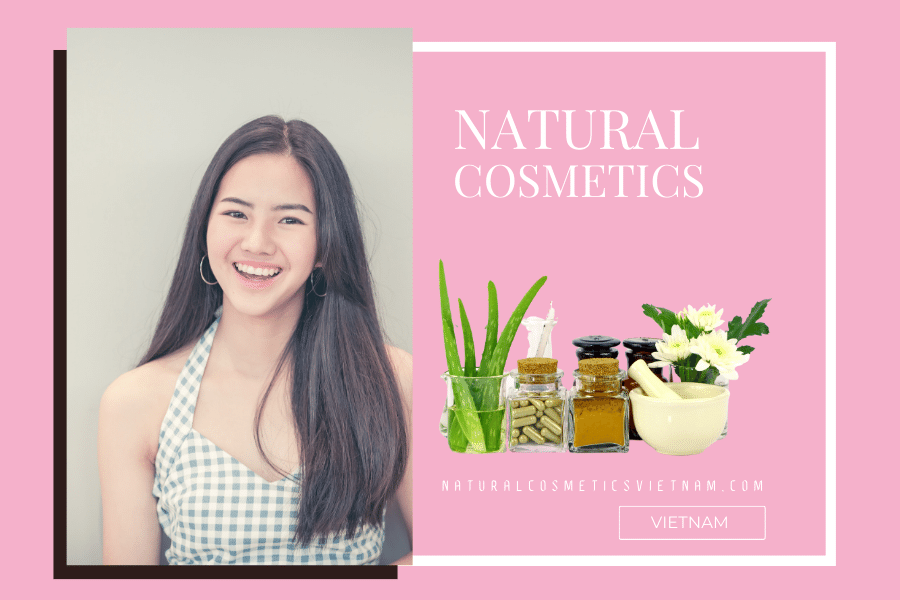
What You’re Really Getting When You Opt for ‘Natural’ Skin Care
How to Make the Switch Toward ‘Clean Beauty’
If you’re interested in transitioning to natural beauty products, it’s important to do your research to ensure you know exactly what you’re putting on your skin. Here are some tips to help you make the switch:
Talk to your dermatologist
Bring all the products you’re currently using to your next dermatologist appointment to get their expert opinion on what may be causing skin reactions or how to streamline your routine.
Start slowly
Introduce one new natural product per week, maximum, to avoid any adverse reactions and determine which products work best for your skin.
Be patient with results
If you’re switching from conventional to natural skincare products, it may take longer to see changes in your skin. Be patient and mindful of this waiting period.
Look for targeted ingredients
Willow bark extract can help with breakouts, while antioxidants like vitamin C or vitamin E can slow signs of aging. Bakuchiol is a promising alternative to retinoids for anti-aging benefits.
Try clean beauty brands
Consider trying clean beauty brands like Drunk Elephant, Good Science Beauty, and The Ordinary, or brands like Eminence Organics, True Botanicals, Biossance, and Pratima.
Do your research
Utilize resources like the Environmental Working Group’s Skin Deep Database and their report on the “toxic 12 chemicals and contaminants in cosmetics” to understand ingredients and avoid harmful chemicals.
By taking these steps and educating yourself on natural skincare ingredients and brands, you can make a successful transition to clean beauty and achieve healthy, glowing skin.
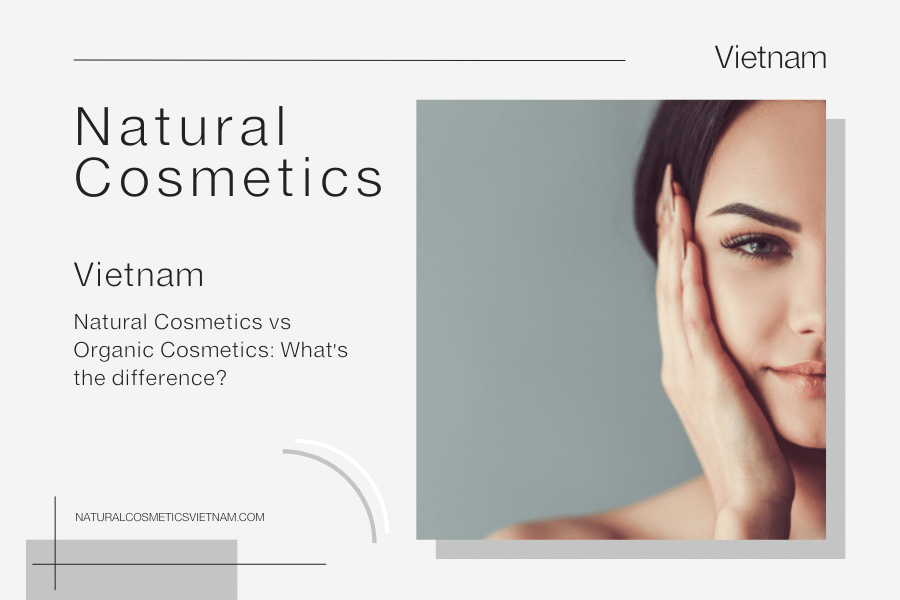
What You’re Really Getting When You Opt for ‘Natural’ Skin Care
Reference
Environmental Working Group’s Skin Deep Database
If you’re concerned about the chemicals you’re putting on your skin, you’re not alone. With so many beauty and skincare products on the market, it’s hard to know what’s safe and what’s not. That’s where the Environmental Working Group’s Skin Deep Database comes in. In this article, we’ll cover everything you need to know about this valuable resource, including:
What is the Environmental Working Group?
The Environmental Working Group (EWG) is a nonprofit organization dedicated to protecting human health and the environment. Their mission is to empower people to live healthier lives in a healthier environment. They conduct research and provide information on a variety of issues, including agriculture, energy, and public health.
What is the Skin Deep Database?
The Skin Deep Database is a comprehensive database of information on the safety and potential health effects of thousands of personal care products. This includes everything from shampoo and soap to makeup and sunscreen. The database was created by the Environmental Working Group to help consumers make informed decisions about the products they use on their skin.
Why is the Skin Deep Database important?
The personal care products we use every day can have a significant impact on our health. Many of these products contain potentially harmful chemicals that can be absorbed through the skin and into the body. The Skin Deep Database provides a valuable resource for consumers who want to avoid these chemicals and make informed decisions about the products they use.
How does the Skin Deep Database work?
The Skin Deep Database assigns each product a score based on the potential health risks associated with its ingredients. Products are rated on a scale of 1 to 10, with 1 being the safest and 10 being the most potentially hazardous. The database also provides information on each ingredient in the product, including its potential health effects and any known safety concerns.
What information does the Skin Deep Database provide?
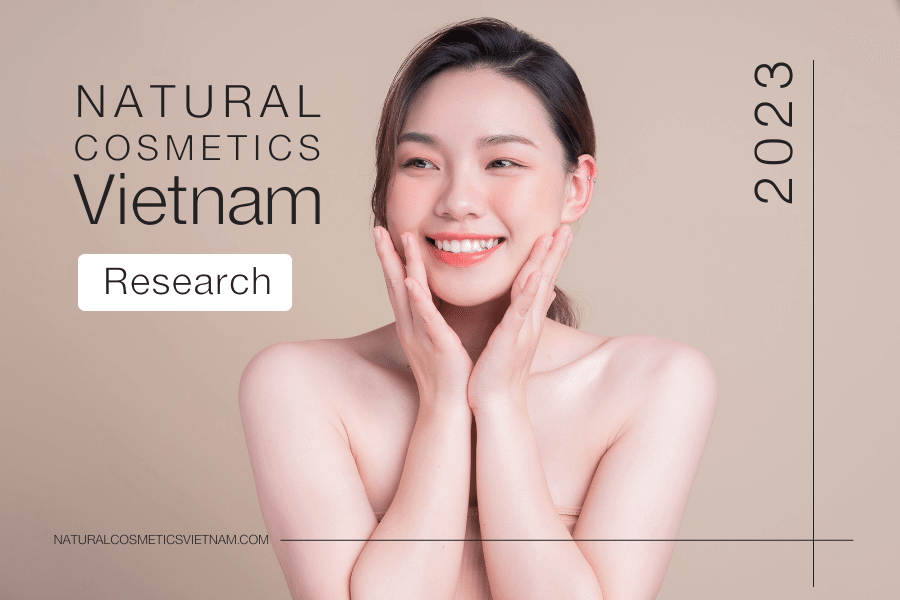
What You’re Really Getting When You Opt for ‘Natural’ Skin Care
The Skin Deep Database provides a wealth of information on each product, including:
- An overall score for the product
- A breakdown of the potential health risks associated with each ingredient
- A list of other products that contain the same ingredients
- Information on any safety concerns associated with the product or its ingredients
- Recommendations for safer alternatives
How to use the Skin Deep Database?
Using the Skin Deep Database is easy. Simply search for a product by name or browse by category. Once you’ve found the product you’re interested in, you can view its score and a breakdown of its ingredients. You can also compare products side by side and search for safer alternatives.
How reliable is the Skin Deep Database?
The Skin Deep Database is one of the most comprehensive resources available for information on the safety of personal care products. However, it’s important to note that the database is based on the available scientific research and may not be 100% accurate. The database is updated regularly as new research becomes available.
What are some criticisms of the Skin Deep Database?
While the Skin Deep Database is a valuable resource for consumers, it’s not without its critics. Some have criticized the database for being overly simplistic and for not taking into account the dose and exposure levels of the ingredients in a product. Others have pointed out that the database may not be completely up-to-date or accurate, as it relies on publicly available information and may not reflect the latest scientific research.
How to make informed decisions about skincare products?
While the Skin Deep Database is a great starting point for making informed decisions about skincare products, it’s important to remember that it’s just one tool. To make the best decisions for your health and well-being, consider:
- Doing your own research on the products you’re interested in
- Reading product labels and ingredient lists carefully
- Consulting with a healthcare professional or skincare expert
- Choosing products from reputable brands with a track record of safety and transparency
What are some alternatives to the Skin Deep Database?

Natural Cosmestics In Vietnam: All You Need To Know
While the Skin Deep Database is a valuable resource, it’s not the only one. Some other resources you might consider include:
- The Good Face Project: A searchable database of products that are free from harmful chemicals
- The Campaign for Safe Cosmetics: A coalition of organizations dedicated to promoting safer personal care products
- The Think Dirty App: A mobile app that rates personal care products based on their potential health risks
Conclusion
The Environmental Working Group’s Skin Deep Database is a valuable resource for consumers who want to make informed decisions about the products they use on their skin. While the database is not perfect, it provides a comprehensive look at the potential health risks associated with personal care products and offers recommendations for safer alternatives.
FAQs
- Is the Skin Deep Database free to use? Yes, the Skin Deep Database is free and accessible to everyone.
- Can I trust the scores assigned to products in the Skin Deep Database? While the scores in the Skin Deep Database are based on scientific research, they may not be 100% accurate. Use the database as a starting point and do your own research to make informed decisions.
- Are all personal care products included in the Skin Deep Database? No, not all personal care products are included in the Skin Deep Database. However, the database does cover a wide range of products and is continually updated with new information.
- Can I search for products by brand in the Skin Deep Database? Yes, you can search for products by brand in the Skin Deep Database.
- Are there any alternatives to the Skin Deep Database? Yes, there are several alternatives to the Skin Deep Database, including the Good Face Project, the Campaign for Safe Cosmetics, and the Think Dirty App.
US Food and Drug Administration (FDA)
The United States Food and Drug Administration, or FDA, is a federal agency responsible for protecting the public health by ensuring the safety and effectiveness of a wide range of products, including food, drugs, medical devices, and cosmetics. In this article, we’ll cover everything you need to know about the FDA, including:
What is the FDA?
The FDA is a federal agency of the United States Department of Health and Human Services. It was established in 1906 and has since grown to become one of the most important regulatory agencies in the world. The FDA is responsible for regulating a wide range of products that affect public health, including food, drugs, medical devices, and cosmetics.
What is the mission of the FDA?
The mission of the FDA is to protect and promote public health by ensuring the safety, efficacy, and security of human and veterinary drugs, biological products, and medical devices. The agency is also responsible for ensuring the safety and proper labeling of food and cosmetics.
What products does the FDA regulate?
The FDA regulates a wide range of products that affect public health, including:
- Food and food additives
- Prescription and over-the-counter drugs
- Medical devices, including diagnostic tests and implants
- Vaccines and biological products
- Cosmetics and personal care products
- Tobacco products

What You’re Really Getting When You Opt for ‘Natural’ Skin Care
How does the FDA ensure product safety?
The FDA ensures product safety by regulating the development, manufacturing, and marketing of regulated products. The agency requires manufacturers to conduct extensive testing and provide evidence of safety and effectiveness before products are approved for sale. The FDA also inspects manufacturing facilities to ensure that products are made in compliance with regulations and are of high quality.
What is the FDA approval process?
The FDA approval process varies depending on the type of product being regulated. For drugs and medical devices, the process typically involves several phases of clinical trials to determine safety and efficacy. For food additives and cosmetics, the FDA requires manufacturers to provide evidence of safety before products can be marketed.
How does the FDA monitor product safety after approval?
The FDA monitors product safety after approval through a variety of methods, including:
- Adverse event reporting: Manufacturers are required to report any adverse events associated with their products to the FDA.
- Post-market surveillance: The FDA conducts inspections of manufacturing facilities and tests products to ensure they continue to meet safety and quality standards.
- Risk assessment: The FDA continually assesses the risks associated with regulated products and takes action to address any safety concerns that arise.
What are some current issues facing the FDA?
The FDA faces a number of current issues, including:
- The opioid epidemic: The FDA has come under criticism for its role in the opioid epidemic and is working to address the issue through increased regulation and enforcement.
- The COVID-19 pandemic: The FDA has played a critical role in the response to the COVID-19 pandemic, including the approval of vaccines and treatments.
- Transparency and public trust: The FDA has faced criticism for its perceived lack of transparency and conflicts of interest in decision-making.
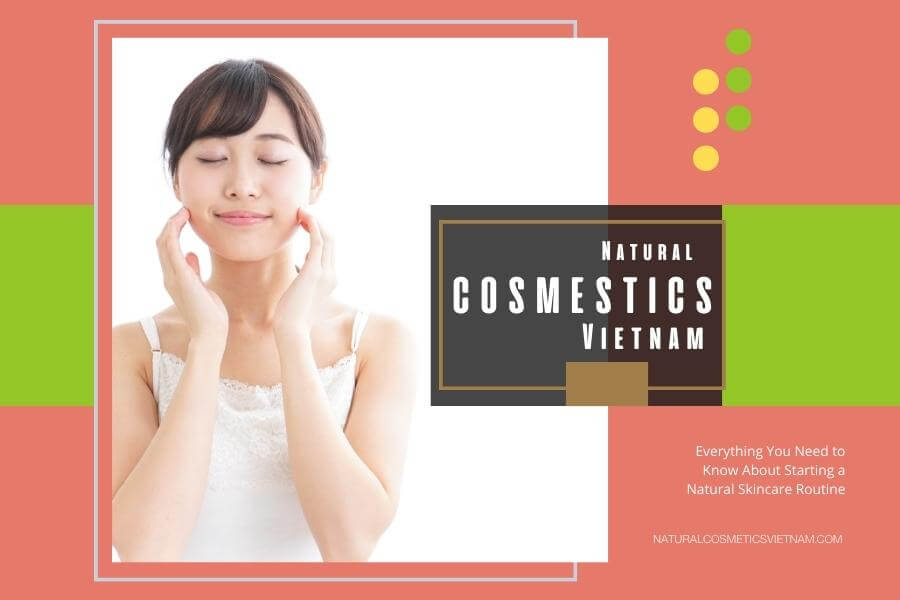
Natural Cosmetics: Everything You Need to Know About Starting a Natural Skincare Routine
How can consumers stay informed about FDA activities?
Consumers can stay informed about FDA activities by:
- Visiting the FDA’s website Consumers can stay informed about FDA activities by:
- Visiting the FDA’s website
- Signing up for email alerts and newsletters
- Following the FDA on social media
- Reading news articles and reports on FDA activities
- Contacting the FDA directly with questions or concerns
Conclusion
The FDA plays a critical role in ensuring the safety and effectiveness of a wide range of products that affect public health. While the agency faces a number of challenges, it remains committed to its mission of protecting and promoting public health.
FAQs
- Does the FDA regulate dietary supplements? Yes, the FDA regulates dietary supplements under the Dietary Supplement Health and Education Act of 1994.
- How does the FDA regulate tobacco products? The FDA regulates tobacco products through the Family Smoking Prevention and Tobacco Control Act, which gives the agency the authority to regulate the manufacture, distribution, and marketing of tobacco products.
- How long does the FDA approval process take? The FDA approval process can take several years, depending on the type of product being regulated and the results of clinical trials.
- Can the FDA recall products? Yes, the FDA can recall products that are found to be unsafe or ineffective.
- How does the FDA work with international regulatory agencies? The FDA works closely with international regulatory agencies to ensure the safety and efficacy of products that are manufactured and sold globally.











Leave a reply